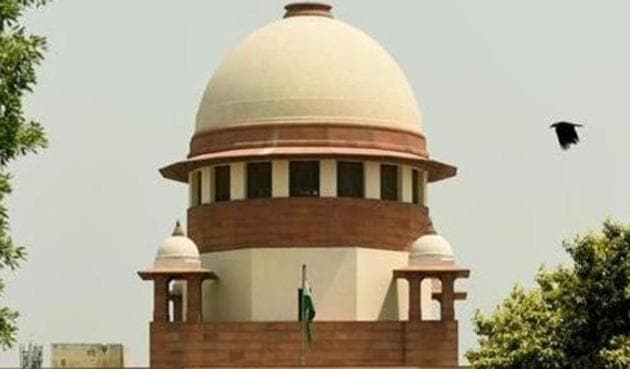Supreme Court has not lived up to its own principles in Jammu and Kashmir, writes Gautam Bhatia
On the Internet’s centrality and State actions, the court’s vision is sound. But this did not get translated in its order
In January, the Supreme Court (SC) handed down an important — but incomplete — judgment in Anuradha Bhasin vs Union of India, a case concerning the restoration of Internet services in Jammu and Kashmir (J&K). It held that the right to access information through the Internet was a fundamental right protected by the Constitution, that orders banning Internet services must be made public, that they must be proportionate (i.e., restricting the Internet must be the “least restrictive alternative” available to the government), that they must be temporary, and reviewed on a regular basis. However, the Court did not actually examine the Kashmir Internet ban on the basis of these principles. Instead, it left that determination up to the government.

Nonetheless, and perhaps nudged by the principles set out in SC’s judgment, the government took some steps towards partial restoration. By March 2020, 2G Internet was made available. At that point, however, the coronavirus disease (Covid-19) pandemic reached Indian shores, and a nationwide lockdown was announced to contain the spread of the virus. The effects of the lockdown highlighted even more starkly how indispensable a functioning Internet is to modern life. For example, two of the most crucial spheres for dignified human existence — education and health — now had to be accessed through digital means.
In response to this, the Foundation for Media Professionals (FMP) filed a fresh petition in SC, arguing that in view of the situation created by Covid-19, 4G Internet had to be restored in J&K. The government contested the petition, stating that restrictions on 4G Internet were required to prevent the spread of inflammatory videos and photos from across the border. FMP responded by pointing out, first, that there was no evidence that showed a connection between restricting the Internet and quelling the spread of propaganda. Indeed, available evidence demonstrated the opposite: Effective Internet allowed the government to counter propaganda with as much speed and efficiency. Second, there were a host of other, less-restrictive alternatives open to the government such as blocking specific websites, or temporarily restricting the Internet in specific areas where there are credible threats of an attack — they were not resorted to. Most important, it was pointed out that restricting Internet in all of J&K— where millions of people lived — during a pandemic effectively involved punishing an entire population in response to the possibility of cross-border propaganda.
SC then handed down its judgment in the 4G Internet case. Like in Anuradha Bhasin’s case, it laid down some important principles: It reiterated that the Internet restrictions — even when necessary — had to be localised and temporary. It said that the principle of proportionality — with its focus on less-restrictive alternatives — had to be adhered to. Unfortunately, however, even after saying all of this, SC once again refused to assess the restrictions on the touchstone of constitutional standards. Instead, it constituted yet another committee to review the restrictions. But this committee was set up under the aegis of the ministry of home affairs (MHA), which was the body responsible for imposing the restrictions in the first place.
SC justified this decision by observing that in “ordinary times” the arguments of the petitioners would have had to be given serious consideration, but that because of the threat of terrorism in Kashmir, special considerations had to apply. This reasoning, however, is problematic. What it effectively means — even though SC did not spell it out — is that at any given time, the people of J&K are not entitled to the same rights and freedoms that the Constitution grants to Indian citizens elsewhere. In other words, it is cross-border terrorism and Pakistan’s actions that determine the rights of the people of J&K, and not the Constitution — even though only recently, and with great fanfare, the Constitution had been “extended” to J&K after the effective abrogation of Article 370. And most disappointing, SC continued to refuse to engage with the basic arguments that the Internet is an essential condition of human life that cannot be cut off by states at will, and that in any event, restricting the Internet has no tangible impact on terrorism (Kashmir’s history — and events after the effective abrogation of Article 370 — will attest to this fact).
As raised by several people elsewhere, the continued treatment of Kashmir as a “special case” where a lower threshold of rights is justified, undermines the constitutional vision of equal protection and equal treatment. It is now to be hoped that when MHA committee considers the issue, the principles laid out by SC in both its judgments will be taken seriously, and 4G Internet restored promptly.






